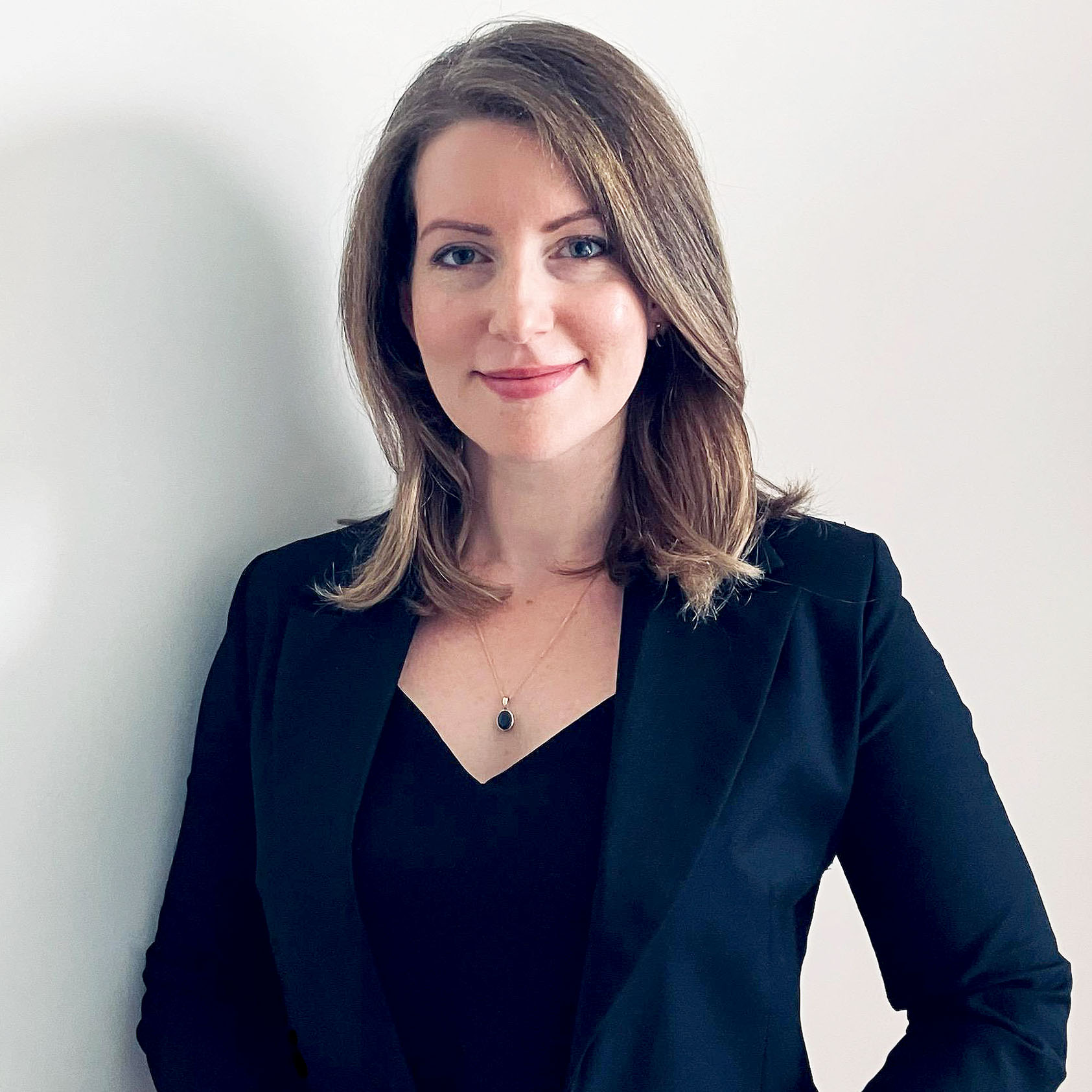Interview with Oksana Nedostup
Find out why the concept of Exfluency is particularly interesting to Oksana below.

Oksana Nedostup is running an experiment.
“I’m trying to learn two opposite languages in parallel,” she says from her home in Montreal. “I have some basics in German, and I’m trying to learn Mandarin. And so, I’m taking German language material and translating it directly to Mandarin.”
“It’s like a puzzle. I’m very visual in the sense that I can just start reading a text and try to figure out what the unknown words mean contextually. And to me, it’s more of a brain exercise that is completely different from what I’m doing day-to-day. Every language is a form of art.”
It’s important to note here that this is hobby for Oksana, who already speaks Ukrainian, Russian, English, French, and a little bit of Polish – and who works with Exfluency, enhancing Ukrainian and Russian source texts in their translation to English.
“When I was growing up in Ukraine and trying to figure out what I wanted to do in life, I focused on languages. I love to learn languages,” says Oksana. “But I was also very science oriented when I was growing up. So, I chose a career in pharmaceuticals, and the language part of it remained in the background.”
Oksana got her education in pharmaceutical engineering in Ukraine and subsequently worked with a pharmaceutical company involved in clinical trials projects. Then, after moving to Montreal in 2013 and getting her second degree in biotechnology in Canada, she took on a regulatory role – where she communicates with government agencies registering pharmaceuticals and medical devices. But there was an element of her work that remained focused on clinical trials.
As a result of all this, the opportunity to work for Exfluency and use her language skills and scientific and pharmaceutical background was immediately appealing to Oksana.
“Exfluency is very much alive and interactive,” says Oksana. “When I finish one project, and then two weeks after I take on a new project, I can see that those improvements that I made previously, they’re already shown in the database. So, in a sense, I’m one of the people who is teaching the Exfluency AI a new language – and making new translations better. That’s an interesting concept for me.”
Oksana also sees her work at Exfluency from another angle. Earlier in her career, she was the person at her pharmaceutical company responsible for sourcing translations from traditional providers. And she found the process very difficult.
“In 2017, I was looking to translate some documents for the clinical trial that we were working on and went through traditional route,” says Oksana. “I’ll tell you, it’s a painful process. First, you need to find the person who can do a proper translation. Then you need to sit down with them and explain the very specific dictionary that you’re using for a clinical trial. So, you have to be very precise and OCD about what terminology you want to use and how you want it to be formatted. And not all translators are open to being told what to do. So, then you wait for two weeks until it gets done. With Exfluency, the turnover time can be five days in total on rather large files, which is amazing. And you know, you’re getting the best translations available.”
“I think this technology has a very strong future.”